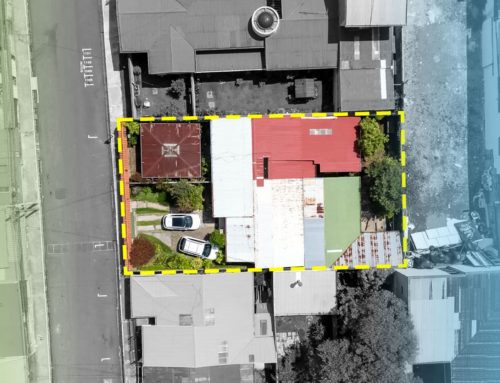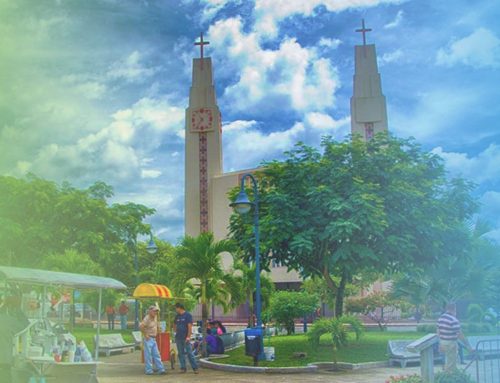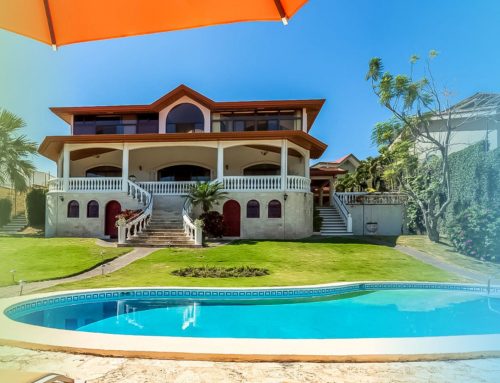In some areas of Costa Rica, cadastre plans have a legend that says “future road extension”. What does this mean and how can it affect my investment or property in the short, medium and long term?
The first thing is to understand its legal nature. This is derived from article 7 subsection a) of the General Law on Public Roads (Ley General de Caminos Públicos), which states that: “For the construction of public roads the State shall have the right to use, without any compensation; The percentages indicated as a reserve for this purpose in the properties registered in the Public Registry…”.
That means that the State has a right of way in this particular properties.
What does the reservation of “future road extension” mean?
What does the reservation of “future road extension” mean?
As the name implies, it is a “reserve” of the State for future works of public interest that is applied by article 19, paragraph a) of the Law on Possessory Information (Ley de Informaciones Posesorias), to land titled under that Law.
There is no certainty that the construction of the public road will one day take place. It is not specifically defined which portion of the land is going to be used in the future, but a percentage of the total capacity of the properties is established. However, individuals can freely dispose of all the land as long as it is not individualized which sector of their property will be used.
In simple words, there is a possibility that a portion of the total land cannot be used for construction and those previously established parameters must be respected by current and future owners. In case the total percentage is not fixed, the owners of the property can dispose of it.
Who set those parameters?
According to the law, the designation depends on the type of road in question, thus being the classification:
- National Road Network: Its administration corresponds to the Ministry in charge (MOPT), in the case of public roads such as primary roads (high-traffic routes with high use of international, interprovincial or long-distance travel); secondary roads (routes connecting cantonal head roads or journeys with considerable traffic); tertiary routes (traffic collectors for primary and secondary roads that constitute main roads between important districts), highways and restricted access roads.
- Cantonal Road Network: The administration corresponds to the Municipalities when they are not any of the previous roads. For example: neighborhood roads, local streets or unclassified roads.
How do I know the type of road in front of my property?
The type of road is specified in the land use study granted by the municipality. It is important to have it before investing in a property or lot, as this defines the activities and developments that can be done.
Commercial, housing, industrial or others, land use defines whether or not you can build on that portion of land and therefore, this specifies the streets with which the property adjoins and the permits or limitations that it may have.
If your property is facing a national highway, in addition to applying for the land use study, you must request a road alignment by the MOPT in order to obtain building permits. In case of being in front of roads that belong to the municipality, the road alignment is requested right there.
What is the process for a future road extension?
Despite being unusual, a future road extension in Costa Rica can happen, although there are more likely if you are in front of national highway.
The authorities in charge must send a notification to the owners, who depending on the specific case, can request pecuniary compensation.
It is difficult for an execution of this type to occur, however there are clear examples in which it has happened, such as Route 31 to Guápiles. This right of way limits the use of the property for the owners. Although you can build walls on the edge, you can not make buildings of any other type and you must take that into consideration before starting a project.
If you are interested in buying a property in Costa Rica, you should check in advance if it has a “future road extension” clause and know the roads with which it borders. Keeping in mind the use of land and being clear about the municipal permits that can be obtained, can save you many problems and bad investments.
Remember that our specialized advisors by area throughout the national territory, can help you with all kinds of procedures, advising you in the best way so that each stage of the buying and selling process is beneficial for you.








